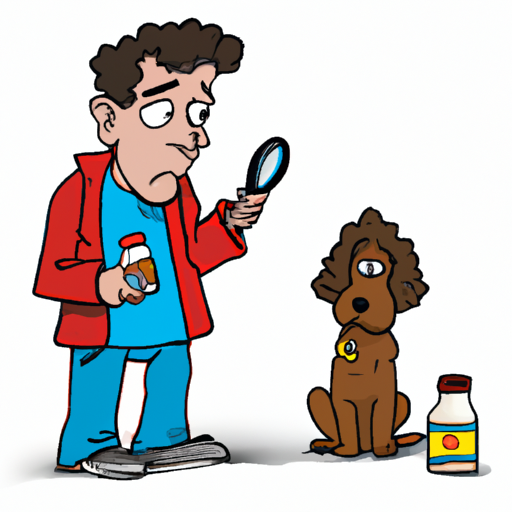Understanding the Threat
The moment you find out your furry companion has worms, you might feel a rush of panic and concern. But don’t worry, it’s a common problem, and there are effective treatments available. Worms can be a serious health risk for dogs, causing symptoms such as vomiting, diarrhea, weight loss, and anemia. The first step in tackling this problem is understanding the nature of the threat.
There are several types of worms that can infect dogs:
- Roundworms: These are the most common. They resemble spaghetti and can cause a potbelly appearance in puppies.
- Tapeworms: These are segmented and can be seen as small white pieces in the dog’s feces.
- Hookworms: These are microscopic and can cause anemia and other serious symptoms.
- Whipworms: These are less common but can cause serious health problems in infected dogs.
Treatment Options
Once you’ve identified the type of worm affecting your dog, it’s time to explore treatment options. Fortunately, there are several effective deworming medications available.
- Fenbendazole: This is effective against roundworms, hookworms, whipworms, and certain types of tapeworms.
- Pyrantel Pamoate: This is useful for treating roundworms and hookworms.
- Praziquantel: This is the drug of choice for tapeworms.
The table below provides a quick comparison:
| Drug | Effectiveness |
|---|---|
| Fenbendazole | Roundworms, Hookworms, Whipworms, certain Tapeworms |
| Pyrantel Pamoate | Roundworms, Hookworms |
| Praziquantel | Tapeworms |
Prevention is Key
After treating your dog for worms, you’ll want to take steps to prevent future infections. Here are some tips:
- Regular vet check-ups: Regular fecal exams can catch worms early.
- Clean up dog feces promptly: This helps prevent the spread of worm eggs.
- Use heartworm prevention medication: Some heartworm preventatives also protect against certain types of intestinal worms.
- Don’t let your dog eat feces, rodents, or raw meat: These can all contain worm larvae.
What to Expect After Treatment
After treatment, you should notice a significant improvement in your dog’s health. Be aware, however, that the dead worms may pass through your dog’s feces. This is a good sign, indicating that the medication is working.
Frequently Asked Questions
Q: How did my dog get worms?
A: Dogs can get worms from a variety of sources, including contaminated soil, feces, fleas, and rodents.
Q: Can I get worms from my dog?
A: Yes, some types of worms can be transmitted from dogs to humans. Always practice good hygiene, especially after handling dog feces.
Q: How long does it take for the deworming medication to work?
A: It usually takes 2-3 days for the medication to fully work.
Q: Can I prevent my dog from getting worms?
A: While you can’t completely eliminate the risk, regular vet check-ups, prompt cleanup of feces, and preventive medications can significantly reduce the risk.
Remember, when it comes to your furry friend’s health, you’re not alone. Your vet is an invaluable resource, ready to guide you through this challenging time.



